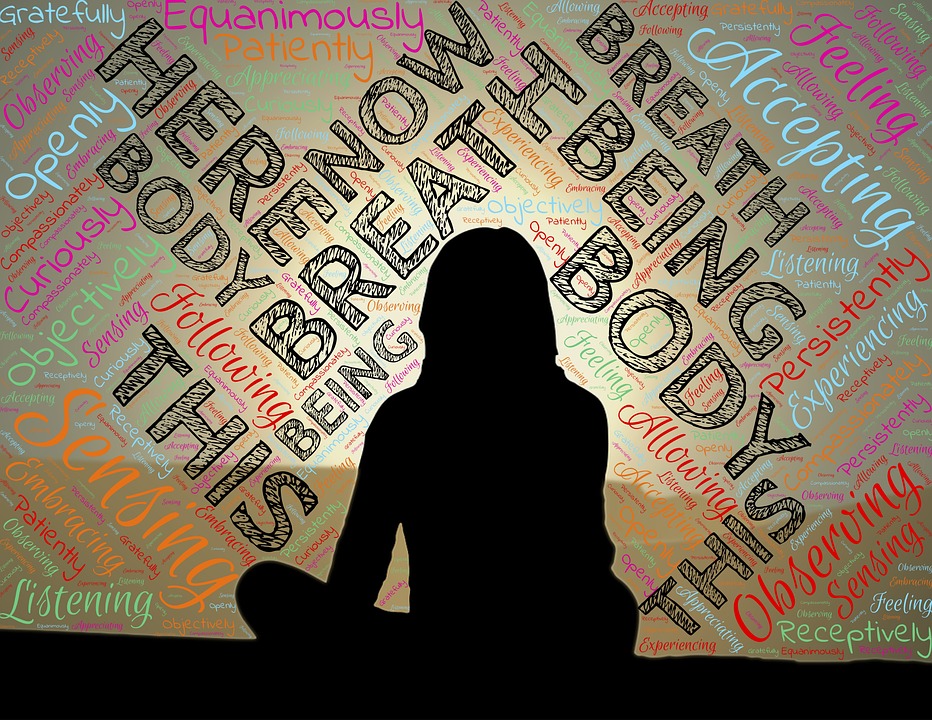Iʼm sure you are accustomed to hearing about “coping tools” that, while they are essential for a healthy eating disorder recovery, you may also be desensitized to the idea of coping tools. Desensitized means being overly exposed to something to the point of it basically going in one ear and out the other. What I find in my work with people in recovery is that many have tried various eating disorder recovery coping tools, some helpful and some not so much. The challenge lies in that we are all so unique in the way we process and learn that the right tools for you may be very different for someone else.
Another challenge I find is that many people I work with are motivated and open to utilizing coping tools, but have been turned off by a “one size fits all” approach so have thrown their hands up when they have diligently tried to apply various tools with little to no relief. There are two important factors to consider in what it truly means to
build a “toolbox” of strategies that work specifically for you and being able to assess and understand when to use them and which ones fit best given where you are emotionally at in that moment.
I will not address in this article a comprehensive list of tools as Jonna has done this in one of her previous articles on this site entitled “Eating Disorder Recovery.” I recommend you reference this article to get ideas about what may be useful for you. Rather, I am going to discuss here how to build the right toolbox for you personally and how to assess what tools may be most helpful and how to assess when you need them.
One tool that is critical in understanding what may best meet your need is the “0-10 scale.” Zero means you are at ease, low anxiety, and not triggered to act out on symptoms at all. Ten means you are coming out of your skin with anxiety and or depressive thoughts. Your eating disorder voice (ED) is not just speaking to you. ED is screaming loudly and it is highly likely you will act out in some way IE restricting, emotionally eating, binging, purging, over-exercising, etc. In addition it is also highly likely as you assess you are “6”or higher you may engage in forms of self sabotage such as isolating, numbing out, lashing out, disengaging with self-care, etc.
Here is how you apply the “0-10 scale.” If you feel safe closing your eyes do so (if not just find a focal point to look at.” Take several deep breaths and ask yourself how you are feeling in your body regarding your level of anxiety, sadness/depression, discomfort in your body, racing thoughts, etc. While this is Not a perfect science, you will get better at assessing as you continue to use this tool. Most of us live somewhere between a “2-4” as some anxiety and other uncomfortable feelings is perfectly normal and can even serve to motivate us to take action in healthy ways. You will learn over time what your number is that indicates it is important to identify a tool and make a plan to use it. If you are assessing you are a “7” or higher, you are at risk for acting out and would benefit from identifying the tool or tools that you are needing.
So how do you identify the right tool for what you are needing in that moment? Check in with yourself and ask yourself “What is it I feel Iʼm really needing?”. For example, if you are extremely anxious, while journaling is great, this may not be the tool that will best serve you. Often high anxiety is best relieved by some sort of physical release IE a slow, mindful walk (NOT for exercise and NOT if your treatment team has restricted movement). If a slow, mindful walk is not an option for you, you may choose taking several deep breaths continuing to do so until you feel some relief. Once some of the physical anxiety is reduced, then journaling may be a powerful tool to release some of the thoughts/feelings you are struggling with.
Patience is everything with this process as it will take time to learn the “0-10″ scale and to become better at assessing where youʼre at. It will also take time, patience, and experimentation with different tools to find what works for you personally.
We encourage you to leave comments and/or questions in response to any of our articles so we can offer you support and offer value feedback from you to the community. If there are specific topics youʼd like us to address, we would love to hear from you. Thank you for being a part of our community! We look forward to growing
together!








